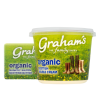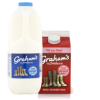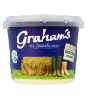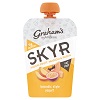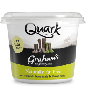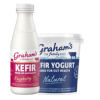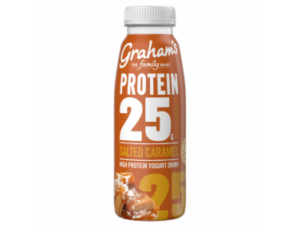
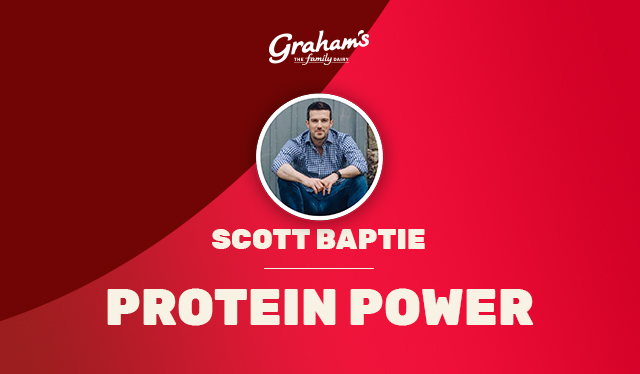
There’s a bit of a long-standing myth out there that if you eat more protein your biceps will suddenly start to bulge and people will start calling you ‘Arnie the 2nd’. If only it was that easy. Now don’t worry, eating more protein doesn’t instantly cause you to bulk up. So let’s just put that myth to bed right now, OK?
f you’re doing any form of exercise it’s probably a smart move to pay a little bit more attention to your protein intake than you do at the moment, especially if you want to speed up your recovery.
Here’s why.
When you exercise, whether it be lifting weights in the gym, pounding the pavement on a run or jumping around in a class, you slightly damage your muscle tissue. This is more prevalent when weight lifting but it happens to varying degrees when you do any kind of exercise. Once you’re finished with your workout you want to do everything that you can to help your body recover and repair the damage. This is where protein comes in.
Eating or drinking something that’s high in protein after a workout can help you get this job done faster. When you take in protein, it’s broken down into amino acids and it’s these amino acids that are the building blocks to repair and build new muscle tissue. Now, contrary to gym lore there isn’t a rapid window of opportunity when you have to eat or drink some protein. You will have seen folks in the gym running to the changing room to neck a protein shake, this is rather unnecessary. Recent research has shown that your ‘protein recovery window’ lasts for hours, not minutes.
Ok, what do I do after a workout?
Try and have a reasonable (20-40g) serving of protein within a few hours of finishing your workout. It could be whole food like chicken, fish or meat or dairy like a pint of milk or a Protein 40 drink.
It’s probably going to be a smart move to include some carbohydrates too, especially if your session was quite active and lasted longer than an hour.
If I’m trying to build muscle, how much protein do I need?
Some studies suggest that 1.6-1.8g of protein per kg of bodyweight would be a smart target to aim for if muscle gain is the goal. Think plenty of chicken, fish, turkey, beans and pulses, dairy and eggs.
The bottom line
More protein won’t cause you to instantly bulk up, the process of building muscle is actually very difficult and it takes a long time. Protein will, however, help speed up your recovery after exercise and it’s very satiating meaning it’s excellent for helping keep those pesky hunger pangs at bay too.
Scott Baptie MSc is a sports nutritionist, weight loss coach, speaker and author. You can find out more about him on his website www.foodforfitness.co.uk


